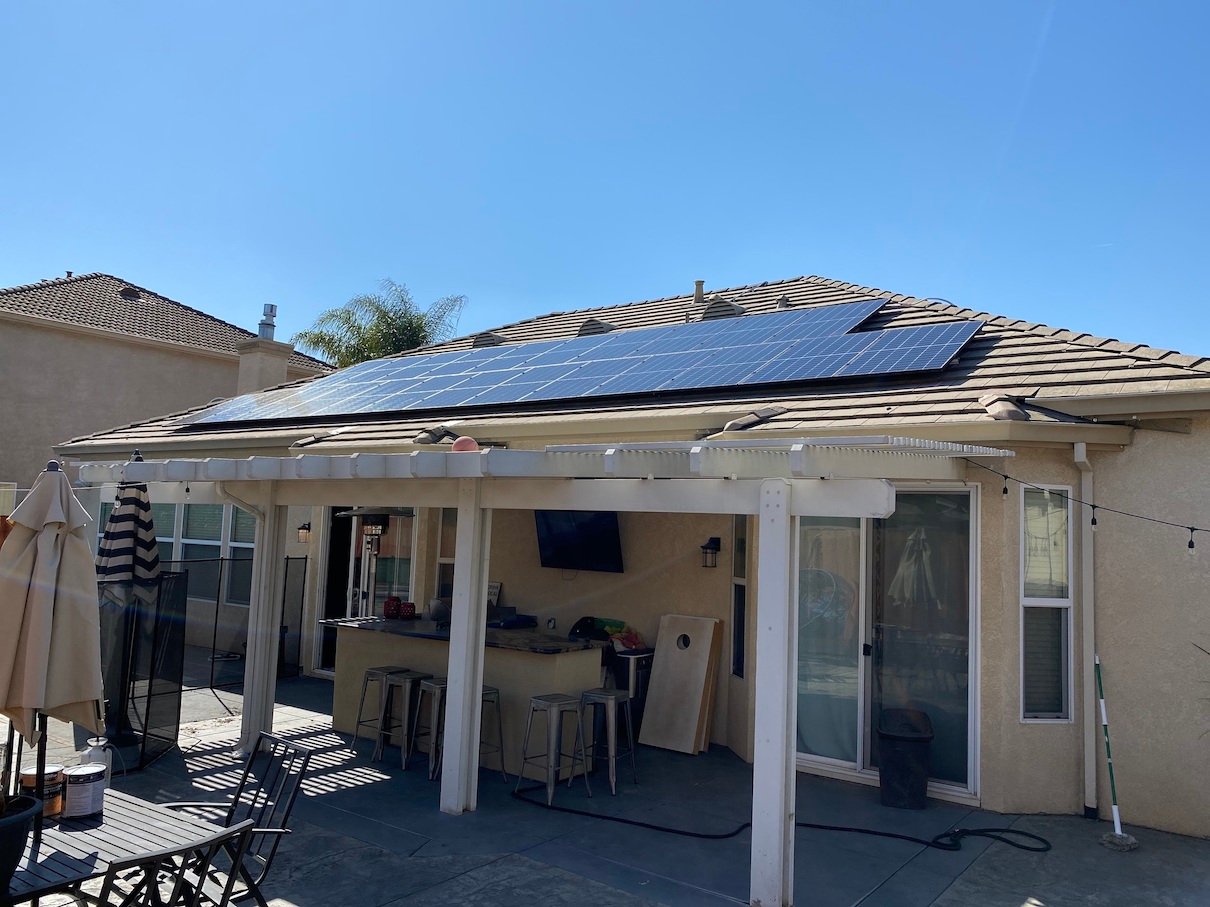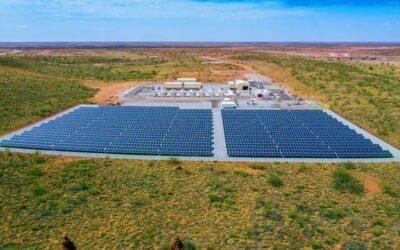
Lynn Jurich, CEO at major US residential solar installation and leasing company Sunrun has spoken of the big opportunity for aggregated solar-plus-storage systems to provide grid services and in doing so help lower the cost of installations.
Yesterday, our sister site PV Tech reported on Sunrun’s quarterly financial results to the period ending 30 June 2020, in which the company posted a decline in both installations and revenue during the three month period. This was largely due to impacts of the coronavirus pandemic on its core business.
Enjoy 12 months of exclusive analysis
- Regular insight and analysis of the industry’s biggest developments
- In-depth interviews with the industry’s leading figures
- Annual digital subscription to the PV Tech Power journal
- Discounts on Solar Media’s portfolio of events, in-person and virtual
Despite the downturn, Jurich said the company had “exceeded expectations” in Q2 2020, with improvements in performance expected as the US starts to get back to something like normality following the relaxing of lockdowns. However in a call with analysts on 10 August, the company said that while it is forecasting a 20% rebound in Q3, it may not be next year until it can deliver year-on-year growth.
However, Sunrun doubled its awarded grid services contracts in Q2 and CEO Lynn Jurich made special mention to the addition of grid services to its product portfolio. Jurich said the aggregation of solar and batteries to form virtual power plants (VPPs), represented a “flywheel opportunity” for the company, and would allow it to reduce prices for home solar and storage installs. A deal last year with regional grid and market operator New England ISO to aggregate 20MW of home systems to provide peaking capacity had been hailed a landmark by the company.
During Q2, in July, Sunrun then revealed that it had signed deals with three community energy suppliers in the Bay Area to install up to 20MW of solar and battery backup power in households vulnerable to power cuts.
Sunrun secured partnerships with three Community Choice Aggregators (CCAs) in California, which collectively provide power for around 1 million homes. The solar company said it will benefit from co-marketing initiatives and data-driven targeting enabled by the agreements, which can enhance the value provided to each customer.
The partnerships initially target providing solar energy and emission-free backup power to up to 6,000 households over the next three years in areas prone to power cuts during wildfire season.
A month earlier, the installer launched a 300-home VPP of solar-plus-storage installations in partnership with California investor-owned utility Southern California Edison (SCE). The project will serve as a demonstration of the aggregation model, using Sunrun’s Brightbox solar-plus-storage packages.
Also during Q2, Sunrun announced a joint venture (JV) with SK E&S, a subsidiary of South Korean conglomerate SK Group to conduct research to accelerate the adoption of renewables and the transition to a connected and distributed energy system. Using Sunrun’s existing home solar and battery business as a starting place for establishing customer relationships, the new company will initially target the US residential market, and it expects to expand internationally over time.
“This further increases incremental recurring revenue opportunities, while differentiating our customer offering,” Jurich said, adding that Sunrun has more than US$50 million in either awarded contracts or those in advanced stages.
Rather than grid defection using solar and batteries, it would seem that for Sunrun, the advantages of staying on-grid far outweigh leaving it behind – although in something of a role reversal to the previous model, the grid benefits from the consumer being on it, rather than it simply being a case of the consumer being dependent on being connected to the utility or grid operator’s network.
UK provider Social Energy partners with distribution network to incentivise battery-assisted smart grid creation
On a related note, our sister site Current± reported last week that UK home battery storage and energy management services provider Social Energy has partnered with distribution network operator (DNO) UK Power Networks (UKPN) to develop a smart grid, offering customers batteries as part of a new trial.
Initially around 100 homes in London, the South East and East of England will have batteries installed that can provide extra power to the electricity network.
The batteries will help customers maximise their solar energy usage, as well as providing flexibility to the system, making it more resilient and saving money for customers, as such smart grids can help avoid the cost of managing constraints by having to put more copper in the ground.
Specific time periods will be identified within which customer batteries will be available to discharge if instructed. Electricity will be initially used to power the homes themselves, before anything extra is exported to the grid.
This story was compiled from various recent reports published by Energy-Storage.news and its sister sites PV Tech and Current±. Additional reporting by Jules Scully and Andy Colthorpe.






